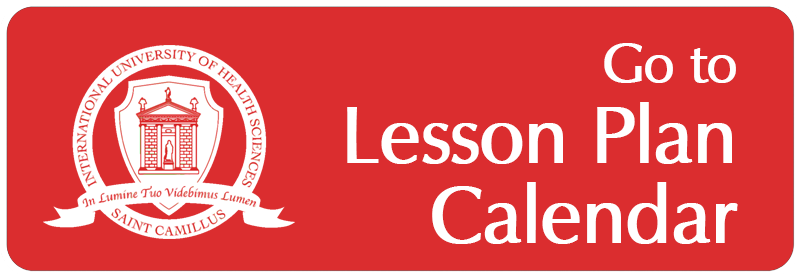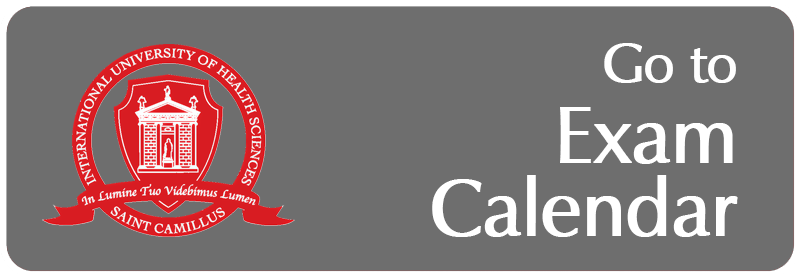- ENGLISH/ITALIANO
- About Us
- Courses
- Teaching staff
- Research
- Enrolment
- Student services
- Faq and Contact
- News
- Vacancies
- Work with us
The BSc Midwifery is aimed at training health professionals who have the competences set forth by D.M. n. 740 of 14 September 1994 and subsequent amendments and additions to the Code of Ethics. The graduate in Midwifery is responsible for obstetric, gynecological and preventive curative, palliative and rehabilitative neonatology. The midwife promotes education and protection of women’s health in all its life stages, of couples, children and of the community; assistance, therapeutic education, management, training, research and consultancy. It prepares to identify the needs of the health of a woman, mother, childbirth assistance, puerperium, of the child and family. He or she deals with global health, sexual and reproductive health and cancer prevention. The achievement of said objectives and competences takes place through a 3-year training course with the goal of 180 University Training Credits (Crediti Formativi Universitari, ECTS), 60 ECTS for each year, with a 75% attendance requirement, including front teaching activities, practical training (professionalizing), individual study, laboratories and activities chosen by the student. The course ends with the achievement of 180 ECTS, a practical test which qualifies for Midwifery Profession and discussion of the final exam. The degree course lasts 3 years. The professionalism acquired with the achievement of the degree in obstetrics at UniCamillus obviously opens up all the healthcare jobs of this profile present in the territory in both the public and private hospital field. It especially provides the possibility of exercising the profession in developing areas which have critical issues in healthcare. In particular, the graduates at UniCamillus will be able to:
This didactic form includes: – lectures: dealing with one specific topic that is identified by a title and performed by a teacher with the help of computing and/or multimedia supports based on a predefined calendar and given to students enrolled to a specific course year and divided into small groups; – seminars: didactic activities with the same characteristics as lectures but carried out contemporarily by many teachers with different competences and, as such, noted in the lesson registers in each one of them. During the last period of the course, when non Italian students will have acquired sufficient command of the language, some courses may be taught in Italian.
It deals with interactive didactic activities aimed at small groups of students and coordinated by a tutor whose task is that of facilitating the students in the acquisition of knowledge, abilities and behavioral models. Learning mainly occurs through stimuli deriving from problem solving and the use of methodological skills needed to resolve them and taking decisions as well as through the direct and personal use of actions (gesture and relational) in practical exercises and/or attending clinical departments, surgeries, territorial facilities and research laboratories.
Language of the Programme: Italian.
Head of School: Prof.Cinzia Ciccacci
Programme director: Prof. Sofia Colaceci sofia.colaceci@unicamillus.org
UniCamillus graduates are very satisfied with their study experience, as revealed by the 2023 Almalaurea Report (in italian), which shows that 100% of our BSc graduates find the degree obtained to be extremely useful.
⇒ Download the SUA – Degree programme satisfaction and graduates’ employment status report for the BSc Midwifery (in italian).
This includes all the courses (plus corresponding ECTS credits and codes) offered under the programme for the academic year and year of enrolment mentioned below:
This includes all the courses (plus name of tutor(s) and number of hours) offered under the programme for the academic year mentioned in the validated list of modules taught file below:
Candidates who, are willing to take the admission test must meet one of the following requirements:
In order to complete the registration to the admission test, each candidate must follow the instructions on the dedicated page and pay the test registration fee.
Candidates are admitted through an admission test. The admission procedure differs for EU and non-EU candidates.
⇒ For further details, please refer to the dedicated web page – Calls for application.
Head of School: Prof. Cinzia Ciccacci
| Programme director: Prof. Sofia Colaceci sofia.colaceci@unicamillus.org |
|---|


Calendar Academic Year 2023-2024
Calendar Academic Year 2022-2023
Calendar Academic Year 2021-2022
In order to be eligible for the final exam, students must achieve all the CFU in the educational activities as in the study plan of reference, including those of the clinical practice and seminar activities.
The Final Exam consists of a State Exam qualifying to practice the profession and is composed by:
Any information regarding the admission requirements, the final exam, the Committee, the final grade and its determination is available within the Regulations for the graduation of the bachelor degree courses in the health professions.
→ Download the Regulations
→ Download the guide to dissertation proposal
→ Download the guide to graduation application
In the regulations you can find the information concerning the deadline and the online procedure to be followed by every undergraduates. Here below the annexes that must be used for the drafting of the dissertation:
Annex no. 1 – Deadlines Time Schedule (Annex_1 pdf file);
Annex no. 2 – Suggestions for the Drafting of the Dissertation (Annex 2 pdf file);
Annex no. 3 – Cover of the Dissertation facsimile (Annex_3 word file);
Annex no. 4 – Frontispiece of the Dissertation (Annex_4 word file);
Annex no. 5 – Logo (Annex_5 png file);
Annex no.6 – Research originality statement and declaration of academic honesty (Annex_6 pdf file).
Annex no.7 – Template Power Point (Annex_7 ppt file).
Should you need further information regarding the Graduation procedure, please contact the Graduation Office at graduation@unicamillus.org.
Our study programmes are at the heart of the University’s educational mission and are continuously being updated by the Quality Assurance Group set up for each programme.
The Quality Assurance Group is composed of the Head of School, a Programme Director, a faculty member and a student representative. The Quality Assurance Group contributes to the design, implementation and verification of all activities related to each programme, ensuring their correct and smooth running in coordination with the University’s Quality Committee and other Quality Assurance members.
During the transitional period provided for in the Statute, the Quality Assurance Group is also called upon to perform the functions normally assigned to the Review Group.
Its responsibilities include:
1) identifying potential improvements for the programme, setting deadlines and indicators to verify the degree of implementation;
2) verify the achievement of predetermined objectives or identify reasons for non-achievement or partial achievement;
3) preparation of the Annual Monitoring Sheet;
4) preparation of the Cyclical Review Report.
Quality Assurance Group for the Midwifery programme
“Reports from students” is the service through which UniCamillus students can report and notice on topics such as teachings or organization. It aims to promote efficient and direct communication between students and University Offices.
Contacts:
→ Reports to Programme director: sofia.colaceci@unicamillus.org
→ Reports to Didactic Administrative Office of the Degree Course: hp.didactics@unicamillus.org
→ Request related to academic career: office@unicamillus.org
→ Requests to Student Representatives (Representatives’ task is to collect student suggestions and recommend activities to encourage students to actively participate in university life):
⇒ BSc in Midwifery 2023-2024 Teaching Regulations (in Italian)
⇒ BSc in Midwifery 2022-2023 Teaching Regulations (in Italian)
⇒ BSc in Midwifery 2021-2022 Teaching Regulations
⇒ BSc in Midwifery 2020-2021 Teaching Regulations
⇒ BSc in Midwifery 2019-2020 Teaching Regulations
⇒ BSc in Midwifery 2018-2019 Teaching Regulations
⇒ Download the internship regulations for BSc Midwifery